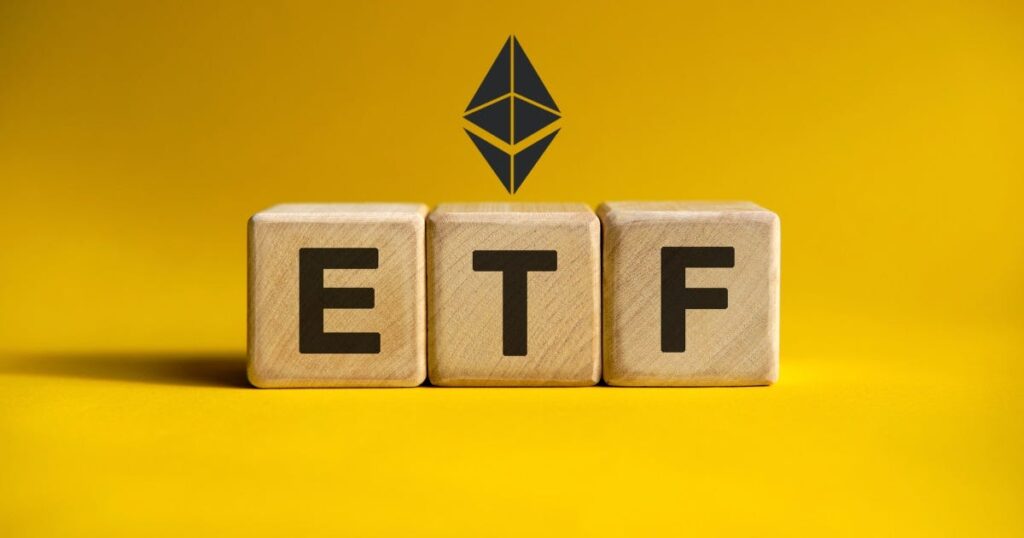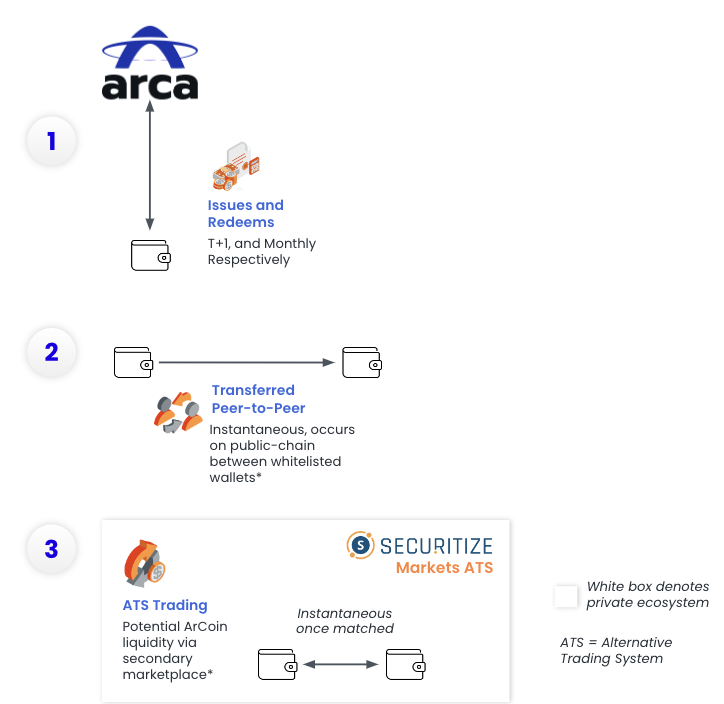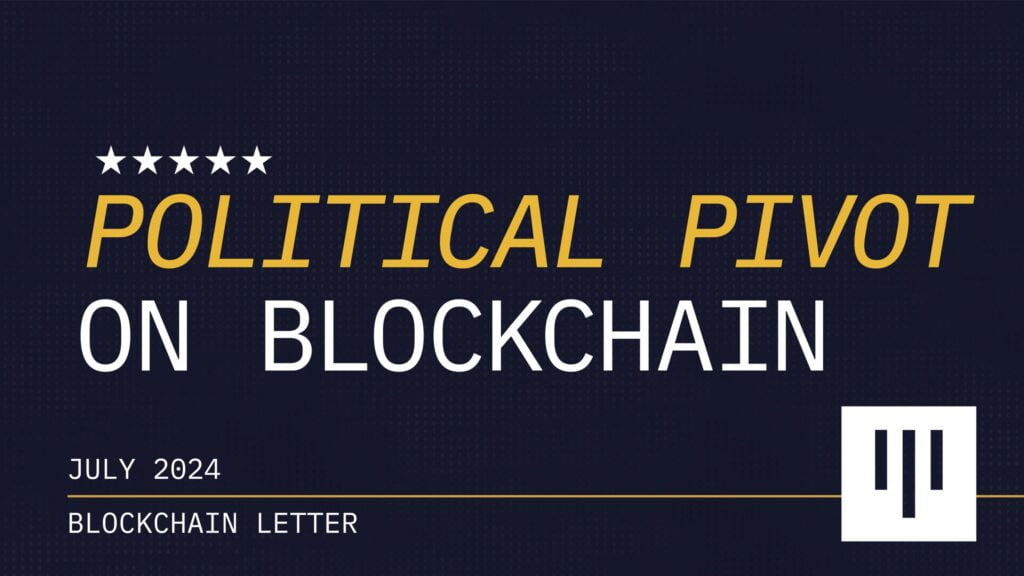Podcast Summary
The podcast delves into the intricacies of Ethereum Attestation Service (EAS), a new primitive for the Ethereum ecosystem that aims to standardize identity and reputation. The discussion features Steve Ellis, the co-founder of EAS, and Bryce, another team member. They explore how EAS can serve as a foundational layer for decentralized applications, focusing on its utility in various sectors, from social media to healthcare.
Key Takeaways
EAS as a New Primitive for Ethereum
- Introduction of EAS: Ethereum Attestation Service (EAS) is introduced as a new primitive that aims to standardize identity and reputation on the Ethereum blockchain.
- Utility Across Sectors: EAS is not limited to financial applications; it has the potential to be utilized in various sectors like social media, healthcare, and more.
- Developer-Friendly: EAS offers a range of tools and is indexed in GraphQL endpoints, making it easy for developers to integrate it into their projects.
Decentralization and Attestations
- Wisdom of the Crowd: EAS leverages the wisdom of the crowd to validate information, contrasting with centralized systems where a single entity verifies data.
- Interoperability: EAS aims to break down silos by allowing attestations to be exported and used across different platforms.
- Community Governance: The system is designed to be credibly neutral and governed by the community, ensuring that it remains a public good.
Privacy Concerns
- Privacy by Design: EAS is built with privacy in mind, allowing for off-chain attestations and zero-knowledge proofs.
- Selective Data Sharing: EAS provides tools for users to selectively share information, enhancing privacy.
- Caution on On-Chain Data: The team advises users to be cautious about what they attest to on-chain, as it will be publicly recorded.
Funding and Sustainability
- Bootstrapped and Grant-Funded: EAS has been self-funded and has also received grants to further its development.
- Public Goods Funding: The team is exploring new funding mechanisms like retroactive public goods funding to sustain the project.
- Community Support: The project encourages community involvement and contributions through platforms like Gitcoin.
Comparison with Existing Solutions
- Limitations of NFTs: The team argues that NFTs are not suitable for identity and reputation systems due to their limitations.
- Complementing Other Solutions: EAS is seen as complementary to other identity solutions like “Sign in with Ethereum.”
- Focus on Adoption: The team emphasizes the importance of adoption and is working to make EAS a standard in the Ethereum ecosystem.
Sentiment Analysis
- Bullish: The podcast presents a bullish outlook on EAS, highlighting its potential to revolutionize identity and reputation systems on the Ethereum blockchain.
- Bearish: No bearish sentiments were expressed during the podcast.
- Neutral: While the podcast was generally optimistic, it did touch upon challenges such as privacy and funding, indicating a balanced view.












